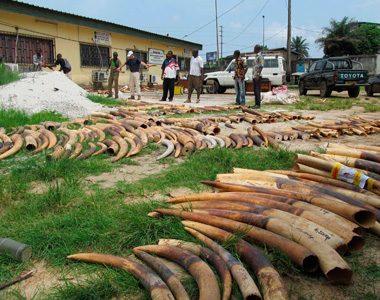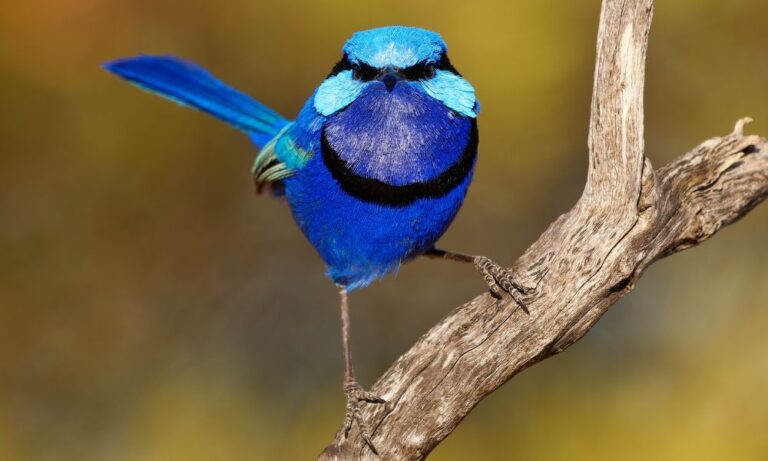Home to about 50 per cent of the world’s forest elephants, which are highly sought-after by ivory dealers for their harder, straighter tusks, the central African forest has come under attack by animal activists.
The figures were released as part of a study by Gabon’s government in conjunction with World Wildlife Fund and the Wildlife Conservation Society, which found that two-thirds (roughly 11,100) of the coveted forest elephants in the park had been killed since 2004.
“If we don’t reverse this situation rapidly, the future of elephants in Africa will be compromised,” Lee White, executive secretary of Gabon’s national parks agency, said in a statement released by the Gabon government.
Used in jewellery and ornamental items, ivory is soaring in popularity across Asia, with the black market trade of elephant tusks on the rise across Africa as a result.
The presidency also issued a statement claiming that the poachers were mostly from nearby Cameroon, and had set up covert camps in the rainforest, using large-caliber rifles and chainsaws to obtain the husks, and leaving scores of elephant carcasses behind.
The local government has hired hundreds of troops to protect the dwindling elephant numbers, which are now severely under threat.







